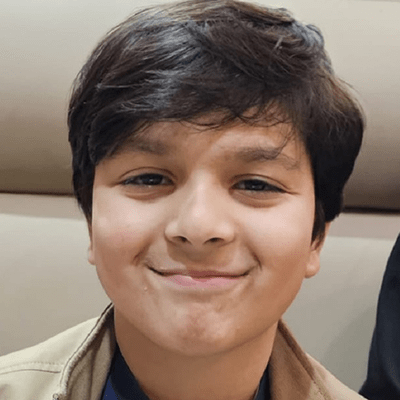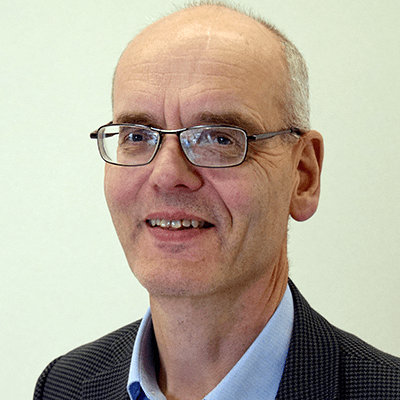Each rare disease affects only a tiny number of people, but when put together, one in six people have a rare disease. We urgently need to develop new treatments that could radically improve their lives.
The support, particularly funding, for research into each specific disease is hard to come by and it can be difficult to recruit the right number of patients to participate in important trials. Despite these challenges, the work being done by academics at the University, and with partners across Birmingham and beyond, is furthering our knowledge of rare diseases and improving outcomes for patients.
For example, in January of this year, the results of the BEACON trial (conducted by the Cancer Research UK Clinical Trials Unit at the University) found that combining anti-tumour drugs with chemotherapy may improve outcomes for children who develop neuroblastomas, a rare form of cancer that develops in nerve cells. It is hoped that the results get us closer to finding effective treatments.
80% of patients with a rare disease do not currently have a treatment available to them
 The parents of Birmingham schoolboy Abdullah Mir (pictured), who was given a slim chance of survival after being diagnosed with the rare cancer in November 2017, say he owes his life to the BEACON trial.
The parents of Birmingham schoolboy Abdullah Mir (pictured), who was given a slim chance of survival after being diagnosed with the rare cancer in November 2017, say he owes his life to the BEACON trial.
His mother, Bushra Mir, says: ‘It was our last hope. We were desperate because he’d had two lots of chemotherapy that hadn’t shrunk his tumour at all. There were no other options so we signed up thinking that, even if it didn’t benefit Abdullah, it might help someone else.
‘Abdullah has always been very strong and positive but he does remember treatment and it was a very difficult time,’ recalled Bushra. ‘Due to COVID, year three was his first full year at school but he’s doing really well. He’s crazy about football and he loves school.’
An innovative approach to trials
 Professor Tim Barrett is Director of the University’s Centre for Rare Disease Studies. He says: ‘We’ve got a network of more than 100 scientists and 250 clinical consultants connected to the University, researching a broad range of rare diseases including neurological disorders, liver disorders, childhood cancers and rare cancers.
Professor Tim Barrett is Director of the University’s Centre for Rare Disease Studies. He says: ‘We’ve got a network of more than 100 scientists and 250 clinical consultants connected to the University, researching a broad range of rare diseases including neurological disorders, liver disorders, childhood cancers and rare cancers.
The University has put in some really good infrastructure to support rare diseases, but philanthropic funding enables us to use it quickly, and at scale and build up. It will take research into individual diseases and get them to the treatment stage faster.
‘We’re passionate about improving the support for patients and helping them have longer, higher-quality lives. Not only does it help those patients in a very specific way, but every step forward we make in our fundamental understanding of a rare disease – how it happens and how it can be treated – can shape how we approach other rare and non-rare diseases.’
How to study a disease with only a small number of patients
Birmingham’s reputation is not only for the breadth of rare diseases studied, but for changing how we research rare diseases.
A pioneering methodology, led by Professor Cindy Billingham, has challenged the normal approach to trials for rare diseases and secured additional funding from the Medical Research Council and NIHR (National Institute for Health and Care Research).
The CAPTIVATE project will develop a methodology to run a ‘one-stop-study’, which would encompass all phases of clinical trials, even with very small numbers of patients, and enable the efficient evaluation of treatments for rare diseases.
There is even more to come. A gift from UK charity LifeArc will support the RD-TAP (Rare Disease Trial Acceleration Programme) – a collaborative centre between the Universities of Birmingham, Newcastle and Queen’s Belfast that can take rare disease research to the next level.
Professor Barrett explains: ‘This grant is vital, and Birmingham will play a leading role in some of the key cross-cutting themes. We’ll focus on how we use feedback from patients and how we optimise trial design and delivery, so we can help make trials more efficient, better, and more equitable across all rare diseases.’